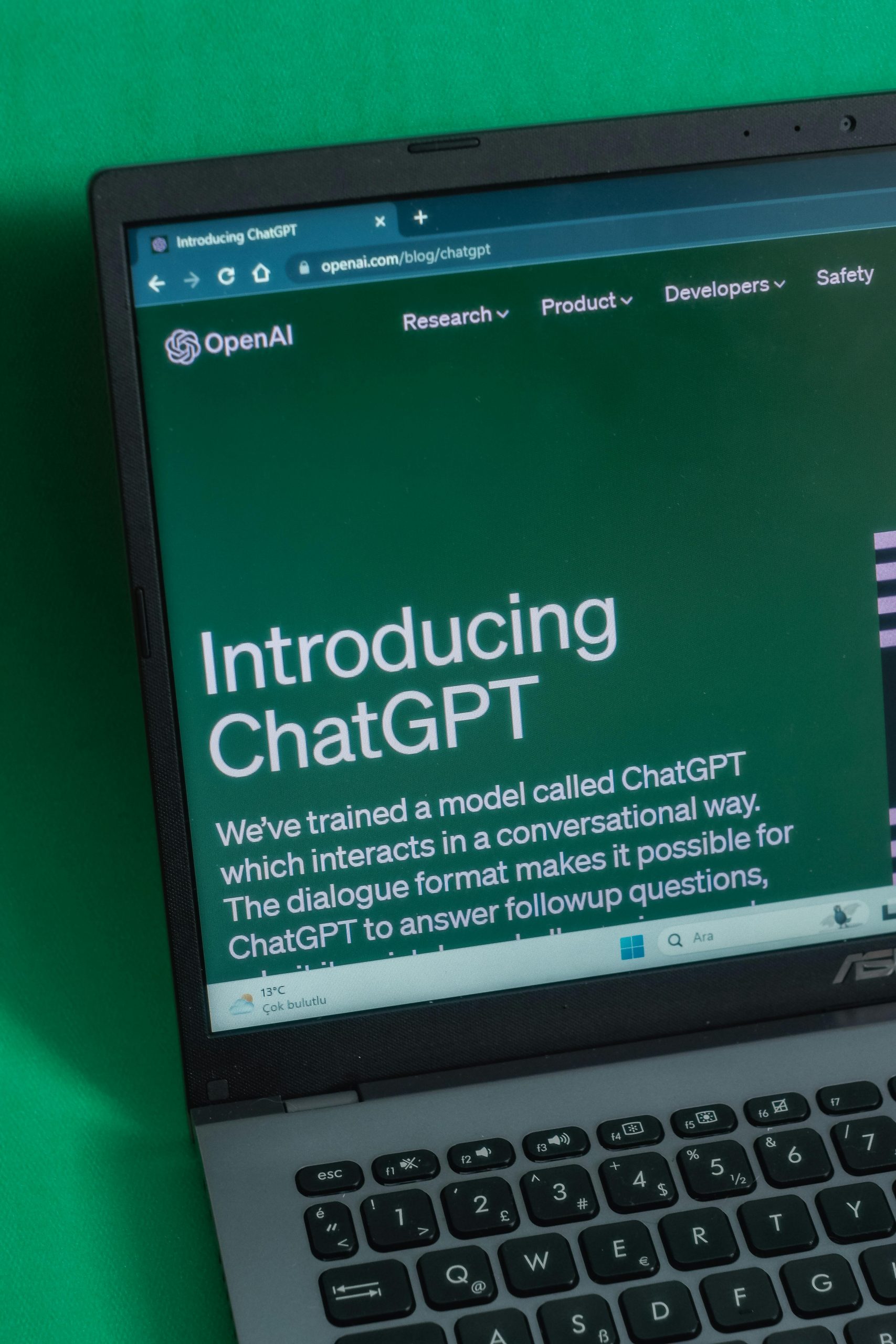If AI causes mass unemployment and economic disruption, would tech companies or AI researchers actually be willing to slow things down?
Navigating the Future of AI and Employment: Will Tech Leaders Prioritize Caution?
As artificial intelligence advances at a rapid pace, a looming concern emerges: what happens if AI-driven automation leads to widespread job displacement and economic instability? This question strikes at the core of our societal and technological progress.
It’s important to recognize that while AI has the potential to transform industries and improve efficiency, its impact on employment will likely be uneven. Some sectors—such as manufacturing, logistics, and routine clerical work—may face significant automation, leading to large-scale unemployment. Conversely, fields that depend on human empathy, skilled craftsmanship, or physical presence—like healthcare, trades, or certain service roles—may remain reliant on human workers for the foreseeable future.
This evolving landscape presents a complex dilemma. Governments and societies might consider implementing safety nets like Universal Basic Income (UBI) to support those displaced. However, setting the appropriate level of such support is tricky. If UBI is too minimal, it risks leaving many in poverty despite being unemployed through no fault of their own. If it’s generous enough to ensure a decent standard of living, it could diminish the motivation for individuals to pursue essential yet challenging jobs that AI cannot replace.
The potential consequences are concerning: a society where a segment of the population is rendered surplus in the labor market, unable to find meaningful work regardless of effort, while others are needed to perform critical roles—yet might feel discouraged if they perceive less necessity for their efforts due to widespread social support systems.
This scenario presents a difficult challenge: is there a way to slow down or regulate AI development to prevent such societal disruption? Would the innovators and leaders behind AI be willing to pause or restrain progress if the repercussions become too severe?
While this post was crafted with some assistance from AI tools, all the ideas expressed are my own. The question remains: as we stand on the brink of unprecedented technological change, will the pioneers of AI prioritize societal stability over unchecked advancement?
Understanding and preparing for these possibilities is crucial as we navigate the future of work and human dignity in an AI-driven world.














Post Comment